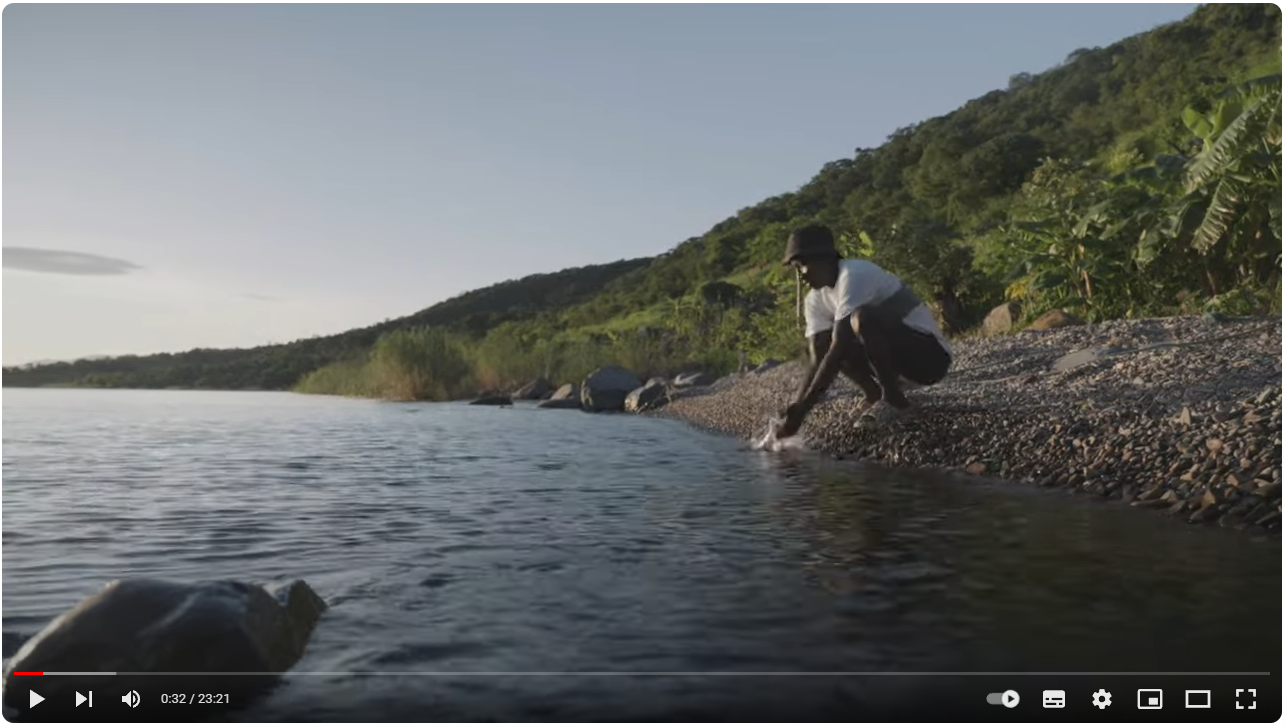Lake Tanganyika: the EU’s engagement with an ecosystem under pressure
Related topics
Trade Governance Climate change, disaster risk reduction and desertification Environment and green economy Sustainable agriculture & rural development Energy Water and sanitationdate: 23/04/2024
Lake Tanganyika is a hotspot for biodiversity, housing around 500 unique species. Its orientation makes it sensitive to trade winds, influencing its seasonal dynamics. The lake supports significant fisheries and is a vital transportation route for trade among the bordering nations. However, human activities threaten this ecosystem through factors like population growth, pollution, overfishing, and climate change.
Recognising the need for coordinated management, the Lake Tanganyika Authority (LTA) was established in 2003 to oversee sustainable management efforts. The LTA focuses on preserving the lake's resources and implementing strategies to mitigate human impact while ensuring sustainable use.
Since 2019, the European Union (EU) has invested a budget of 6.9 million euros in the Lake Tanganyika Water Management (LATAWAMA) project, for which Wallonia has also contributed with a budget of 0.5 million euros. Its implementation has been entrusted to the Belgian development agency, Enabel, in collaboration with LTA.
The LATAWAMA project supported the implementation of the LTA's strategic action plan, specifically in the acquisition of environmental data on the lake, establishing a water-quality monitoring network, and managing waste in lakeside towns.
In relation to this strategic plan, Mr. Sylvain Tusanga Mukanga, LTA’s Executive Director, stated: “The LATAWAMA project is one of the projects drawn from the Strategic Action Programme’s pillars and most particularly aims to reduce pollution and to improve the quality of the lake’s waters. It also aims to develop a monitoring network involving four laboratories (currently equipped). This project also includes solid waste management and support for optimising the Bujumbura wastewater plant. Based on the Convention on the lake water management, the decisions are taken on scientific evidence. The database developed will therefore enable informed decision-makers for the protection of the lake”.
In 2021, the EU emphasized the importance of transboundary water cooperation for peace and stability in its Council Conclusions. With its Member States, a Team Europe Initiative (TEI) on ‘Transboundary Water Management in Africa’ to support development and regional integration across the continent has been established.
Since, Lake Tanganyika and its basin stand amongst the priority transboundary basins supported by the EU, as part of the EU Global Gateway strategy and the African Union – European Union Investment Package, the EU committed 31 million euros for a second phase called the TAKIWAMA programme, focusing on environmental monitoring, institutional support, scientific research, pollution control, and transport governance.
This renewed commitment from the EU aims to strengthen regional integration, enhance economic ties, and foster cooperation among the Lake Tanganyika basin countries.
Documentaries on the LATAWAMA project are available for further insights:
EN: https://youtu.be/25Ym7SsXn3I
FR: https://youtu.be/EOj4P9cJa4M

